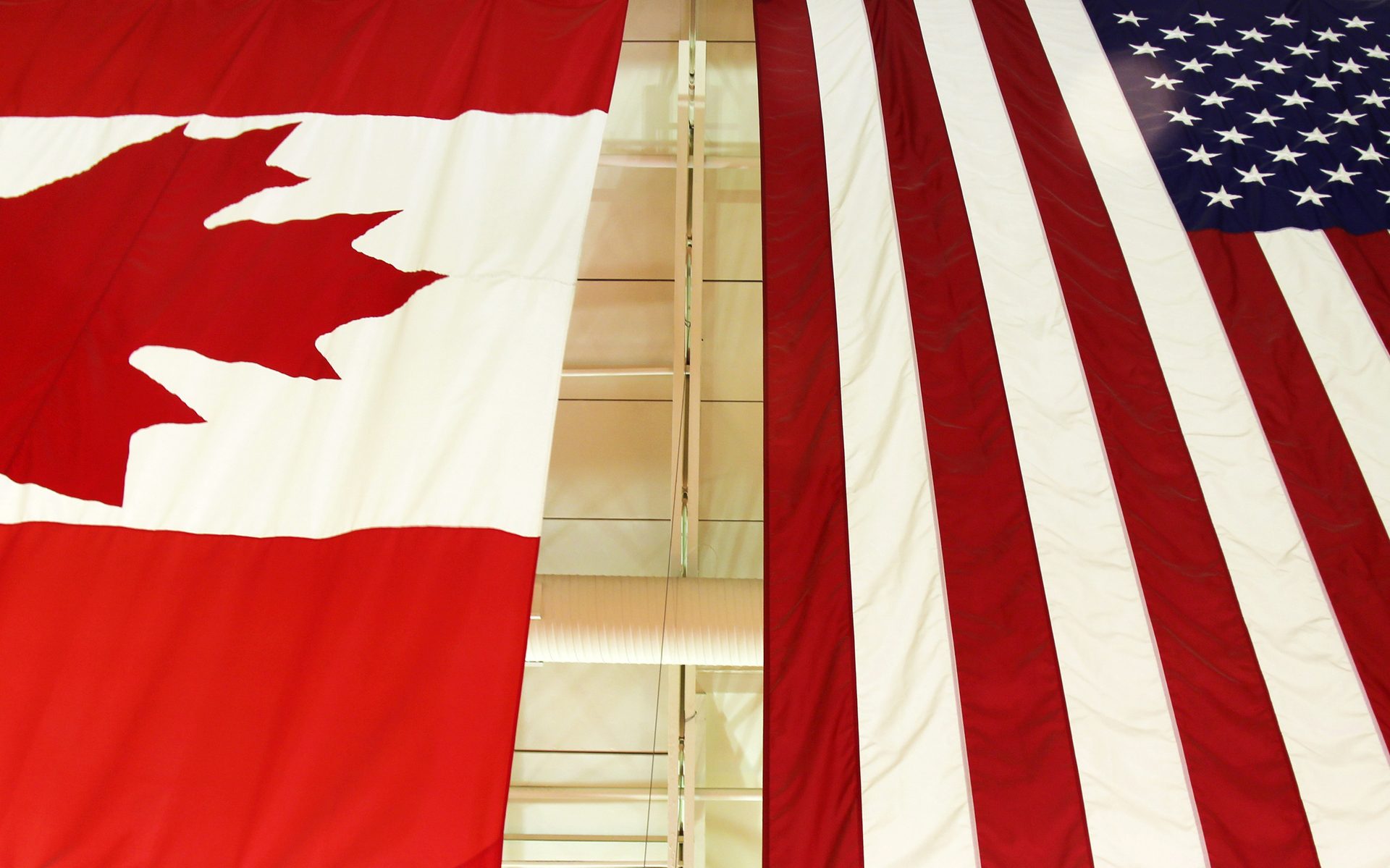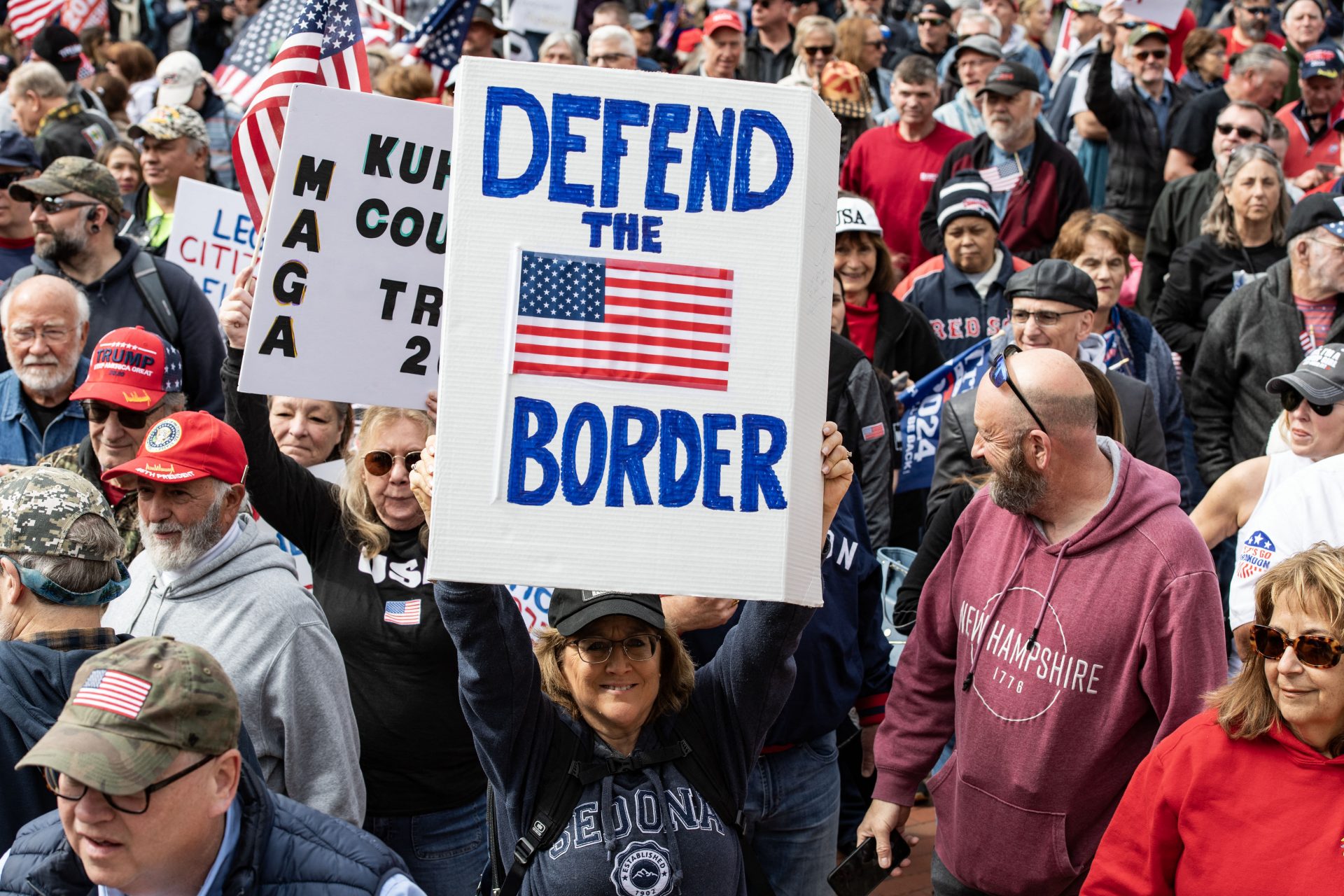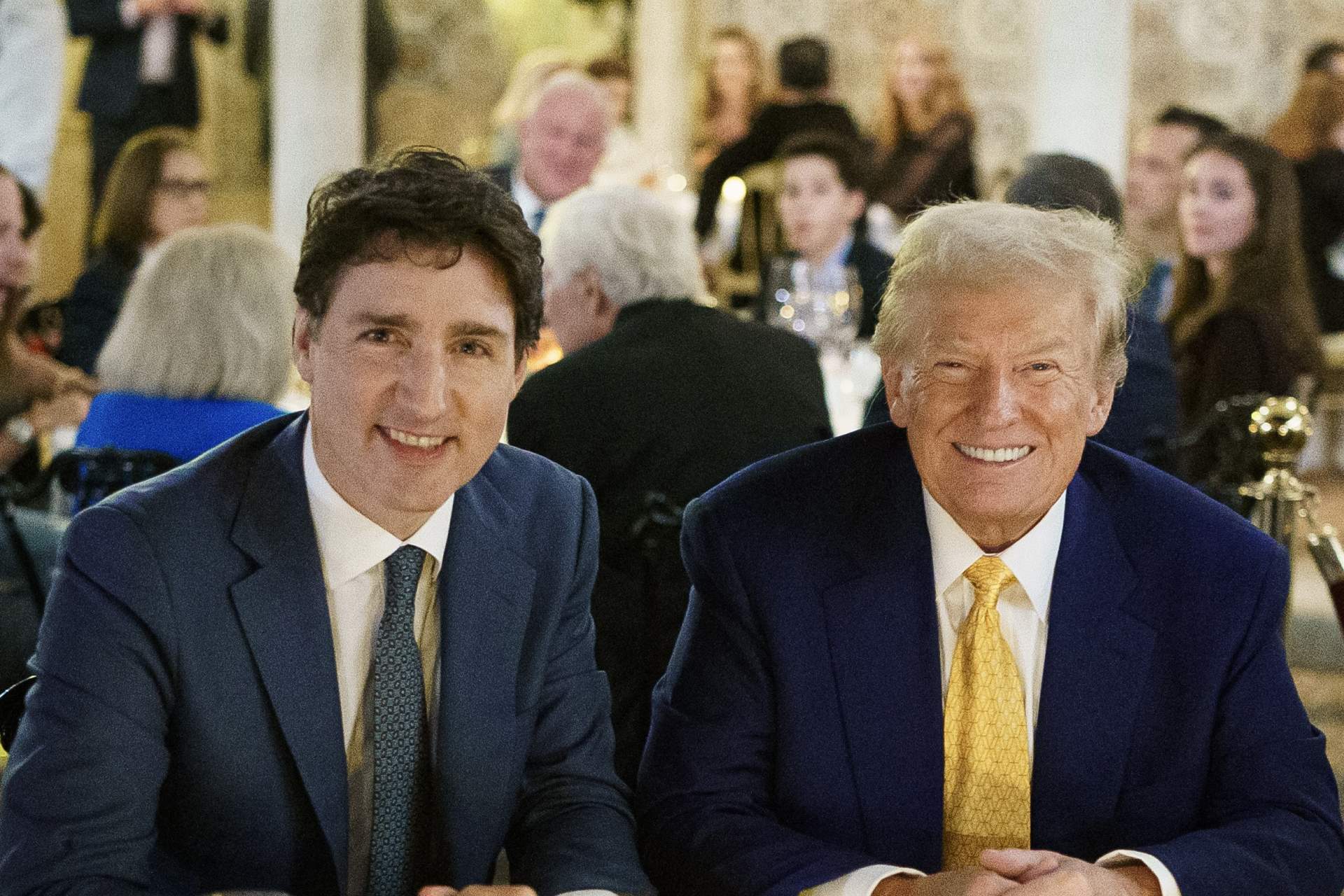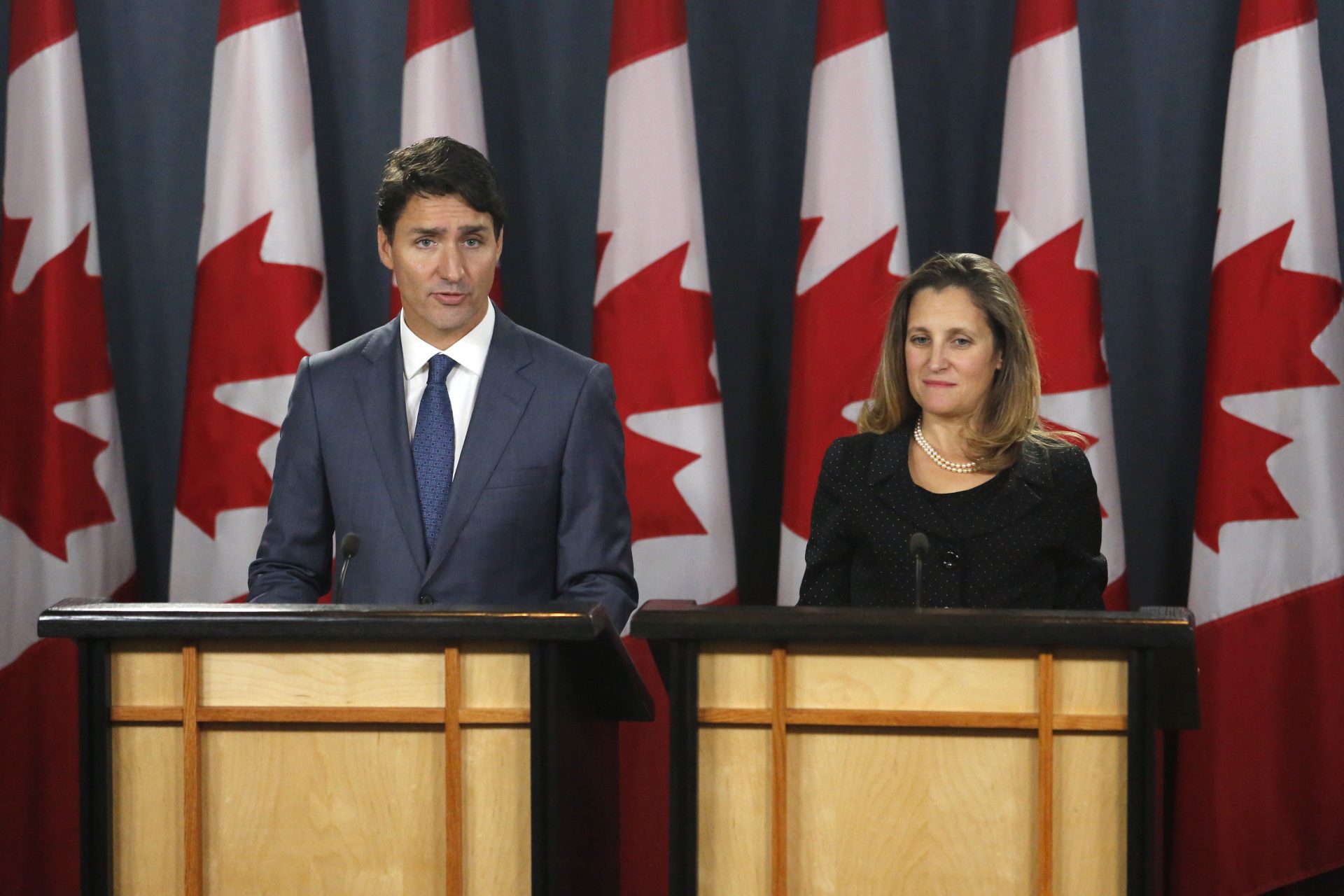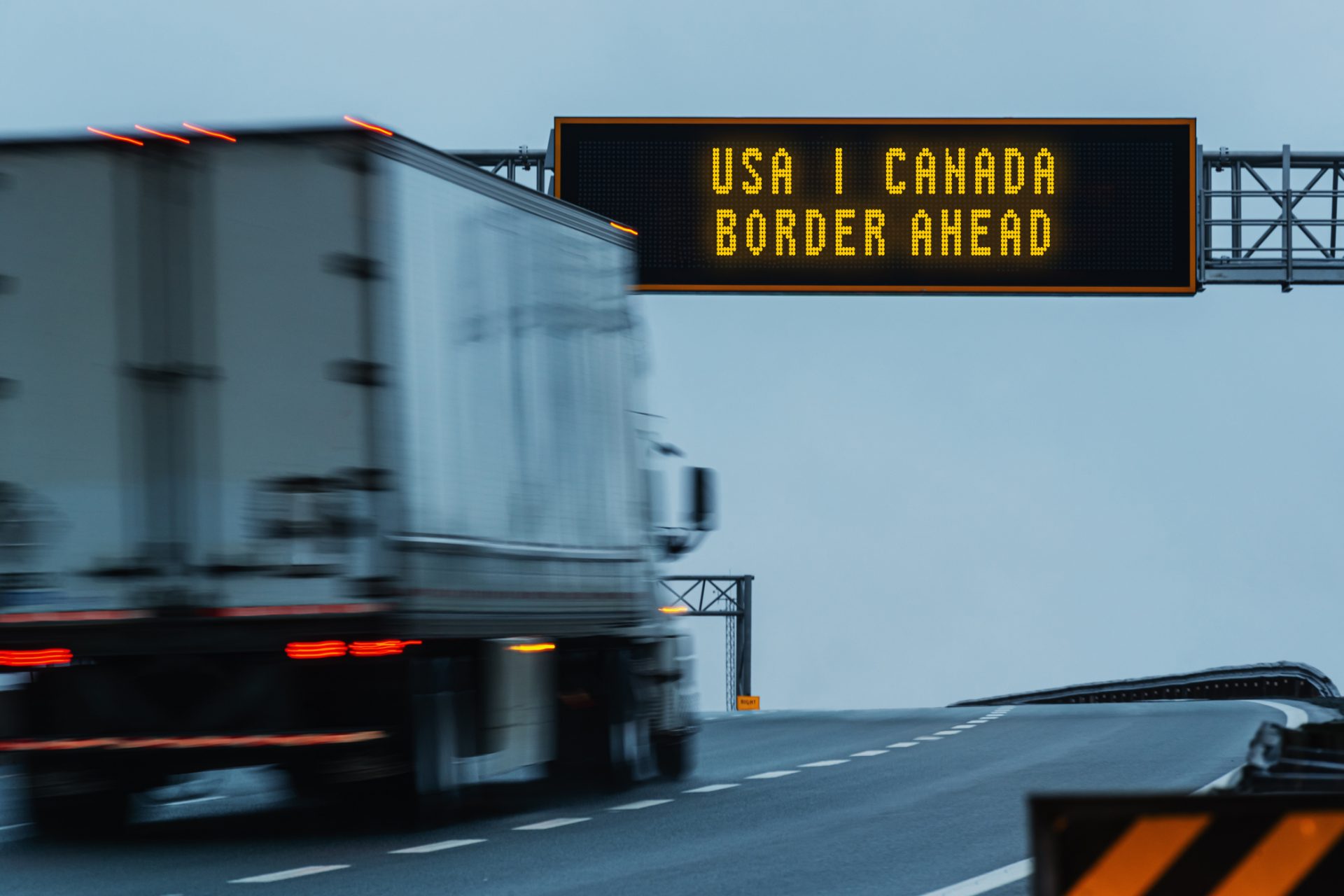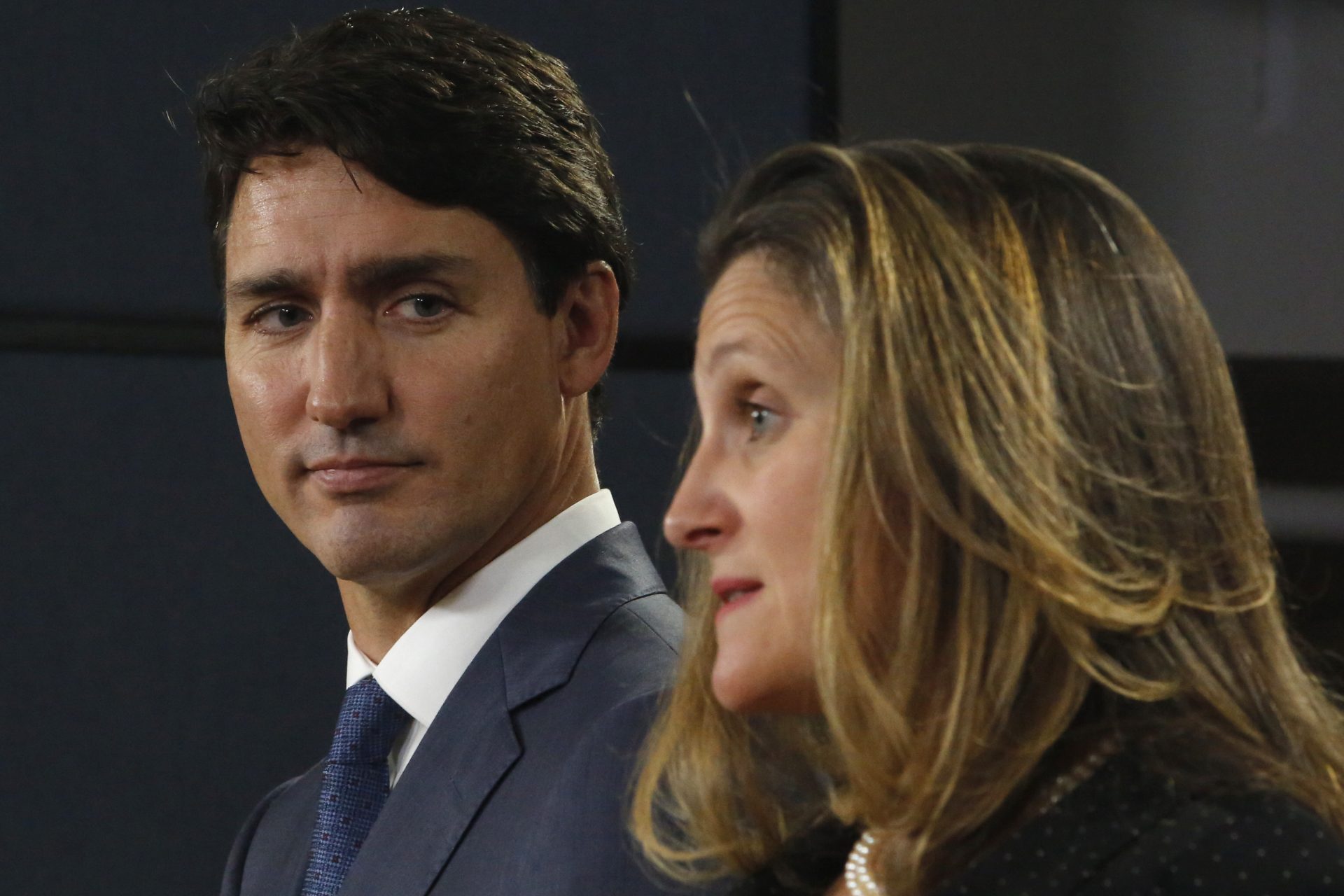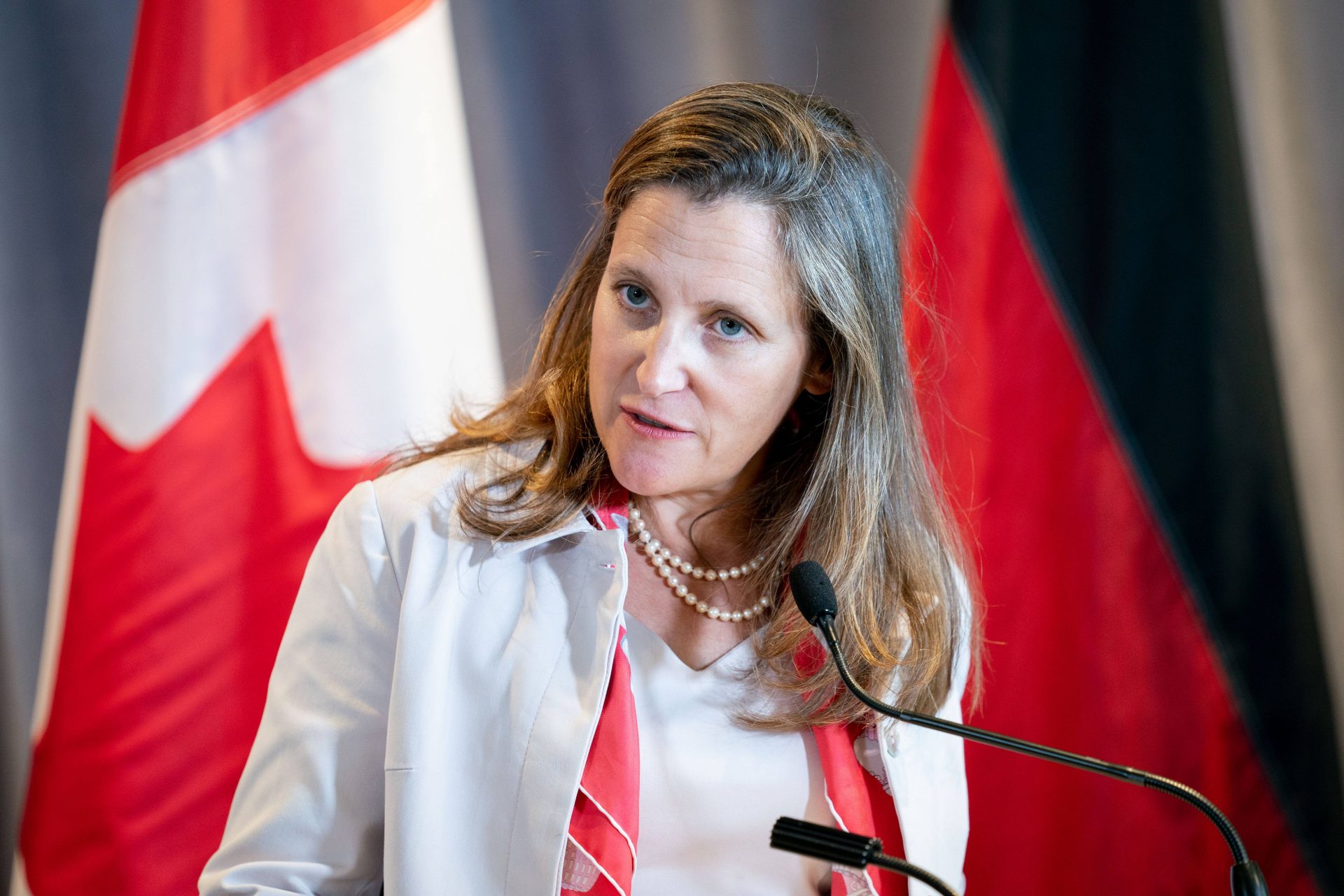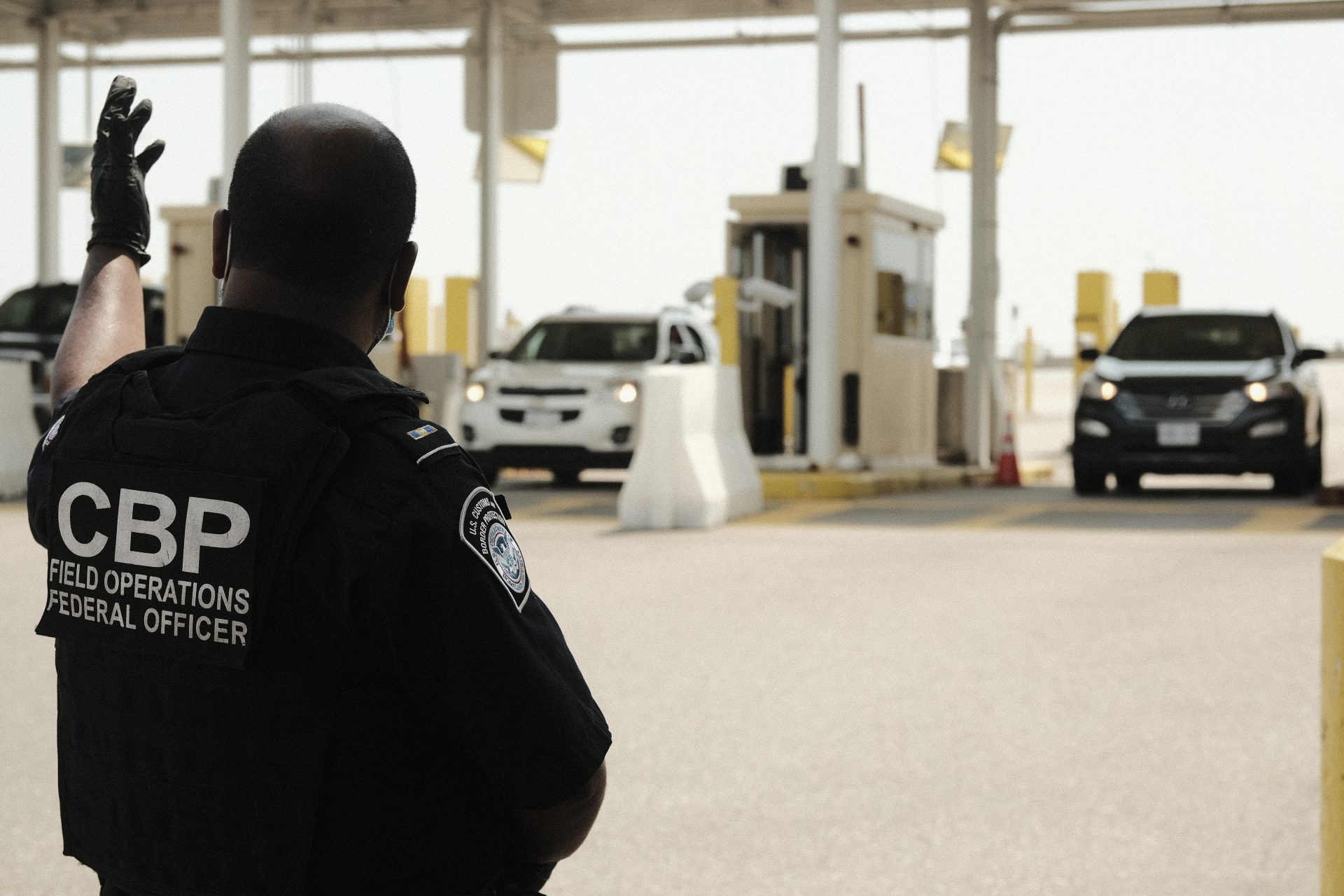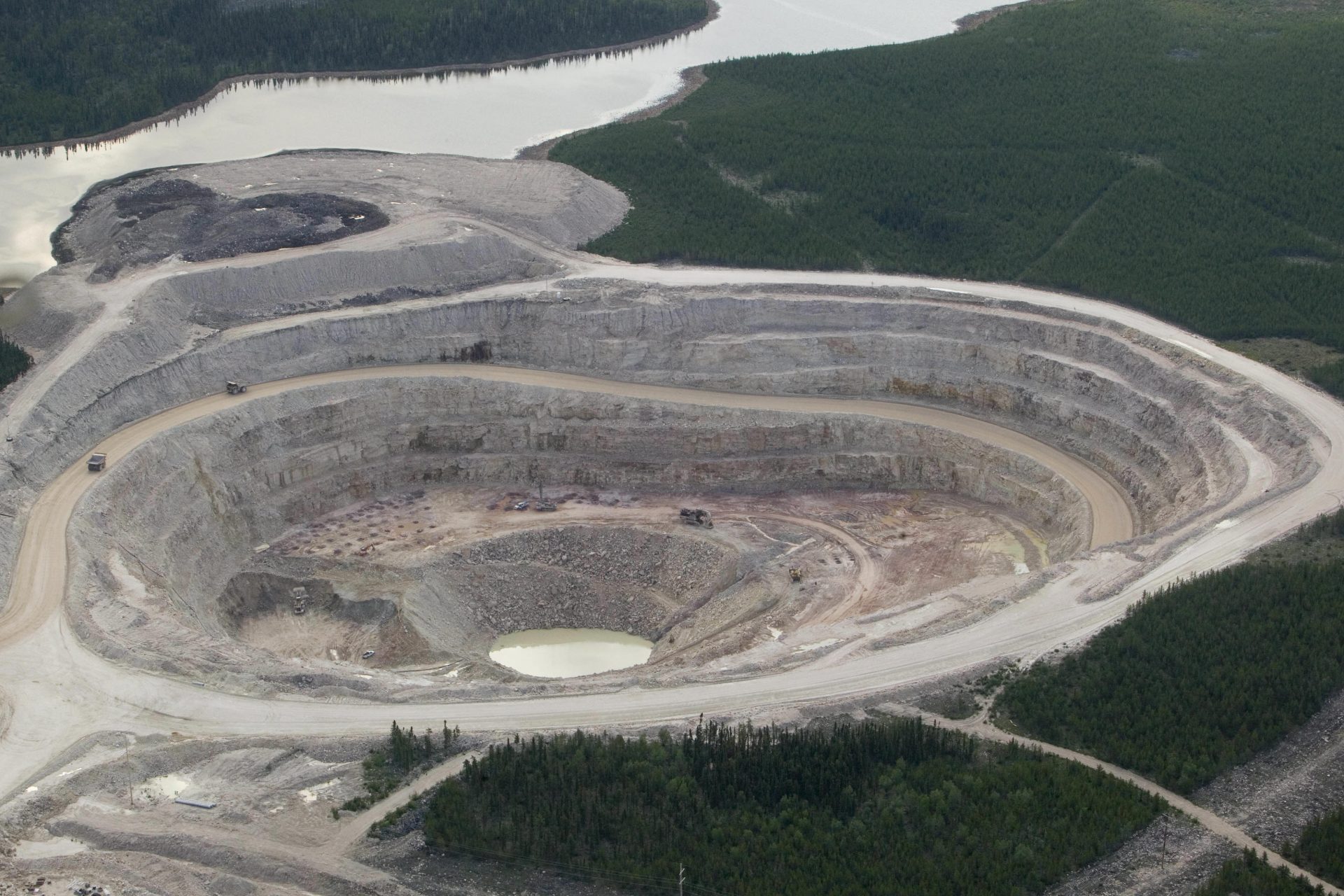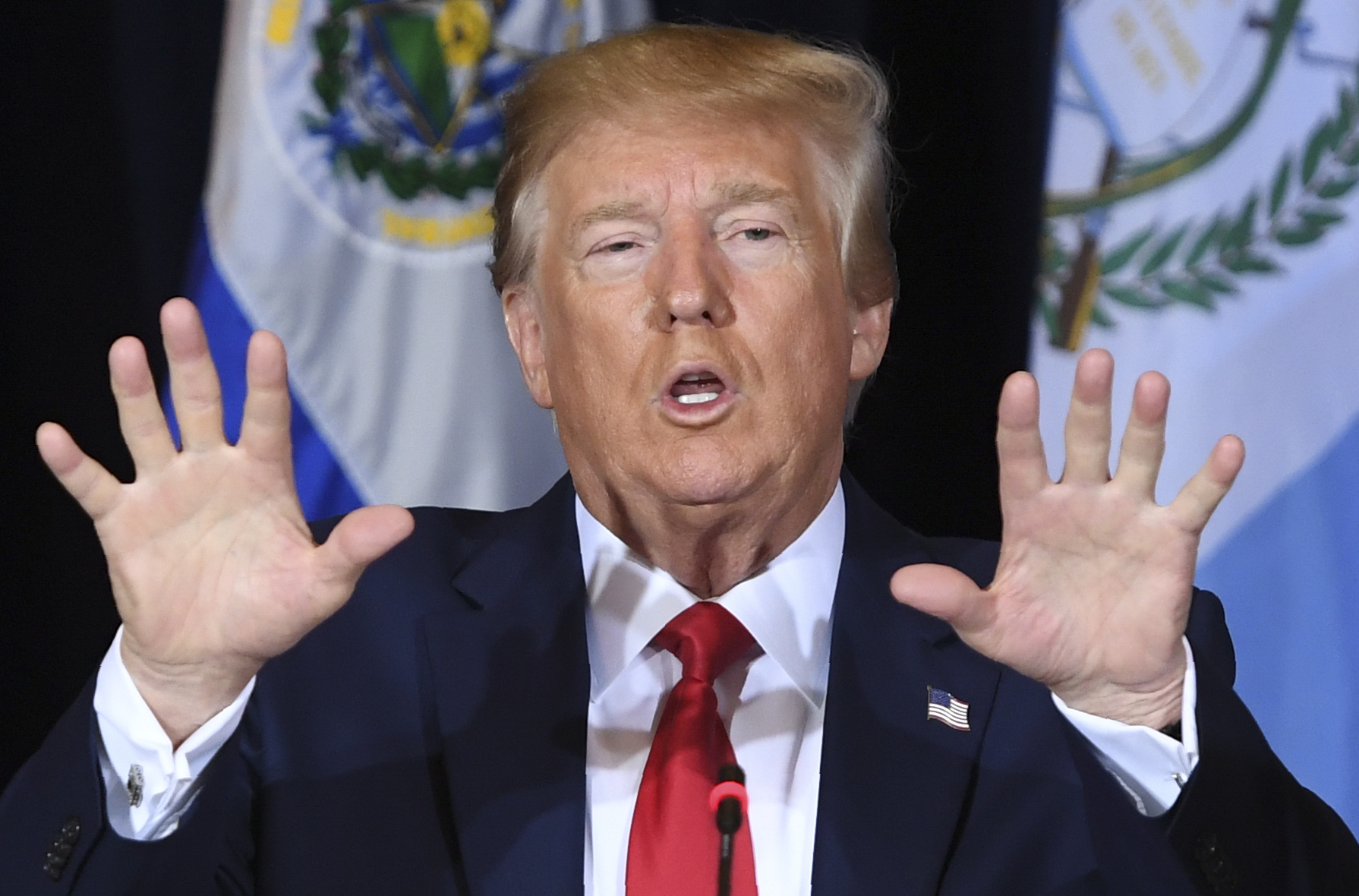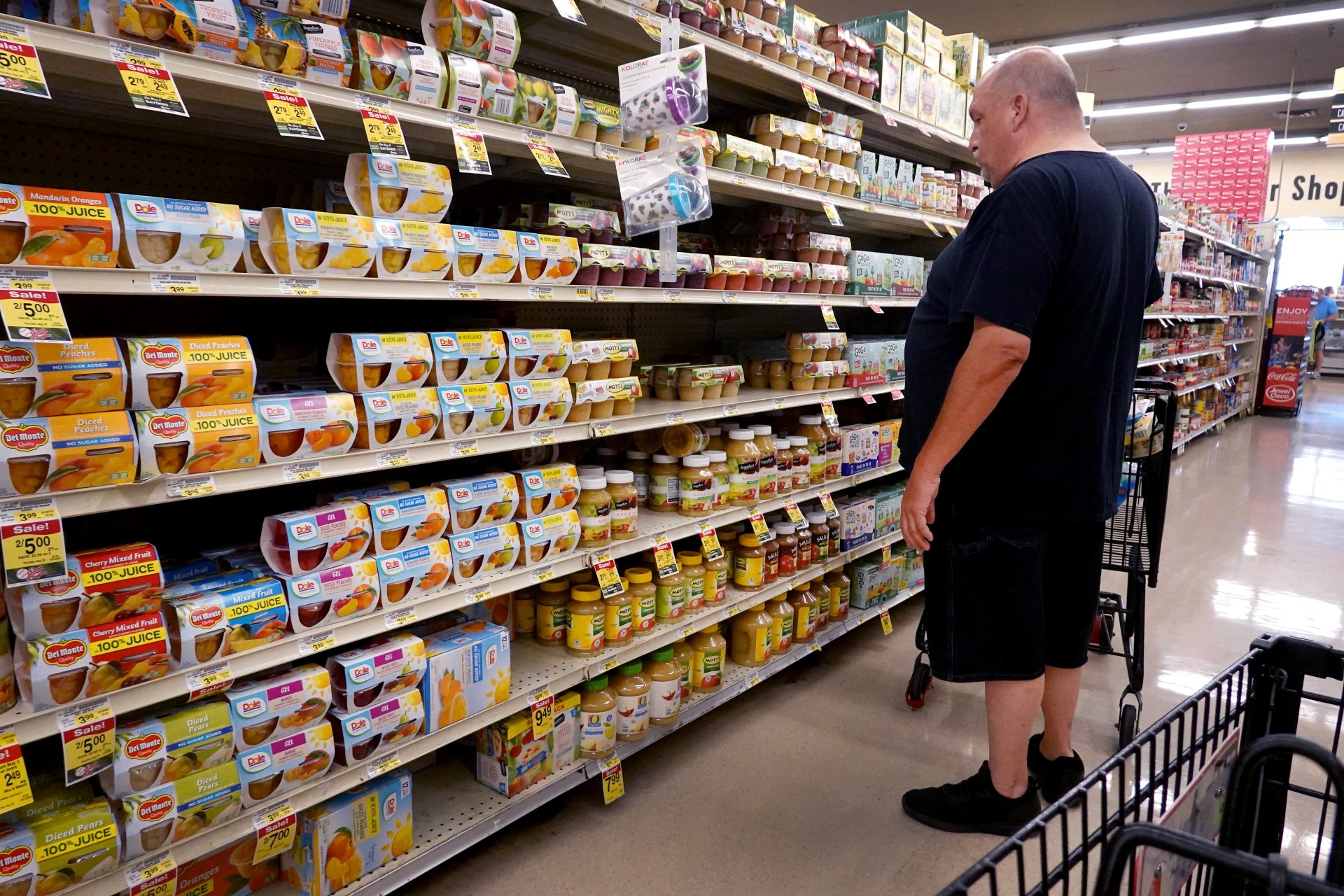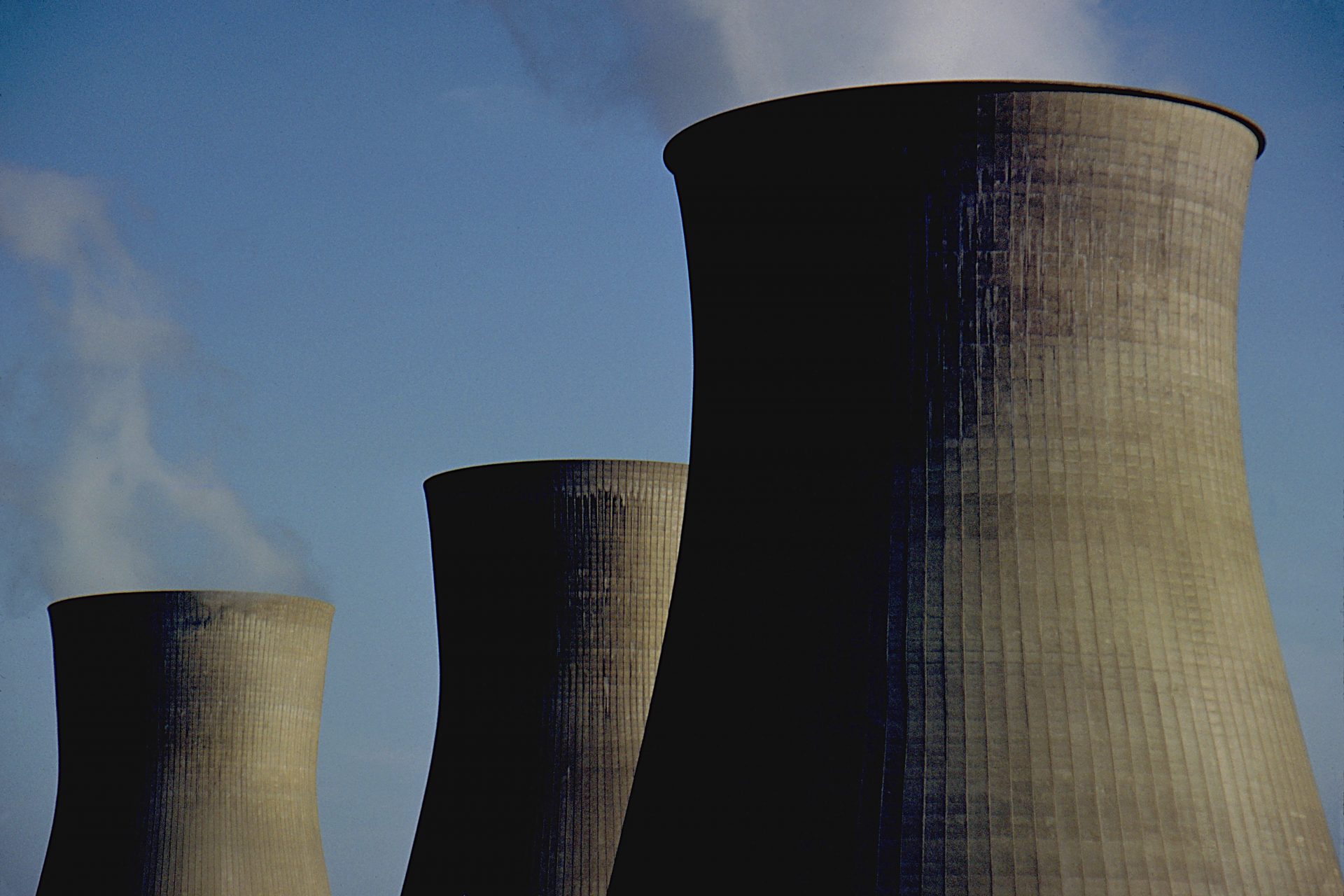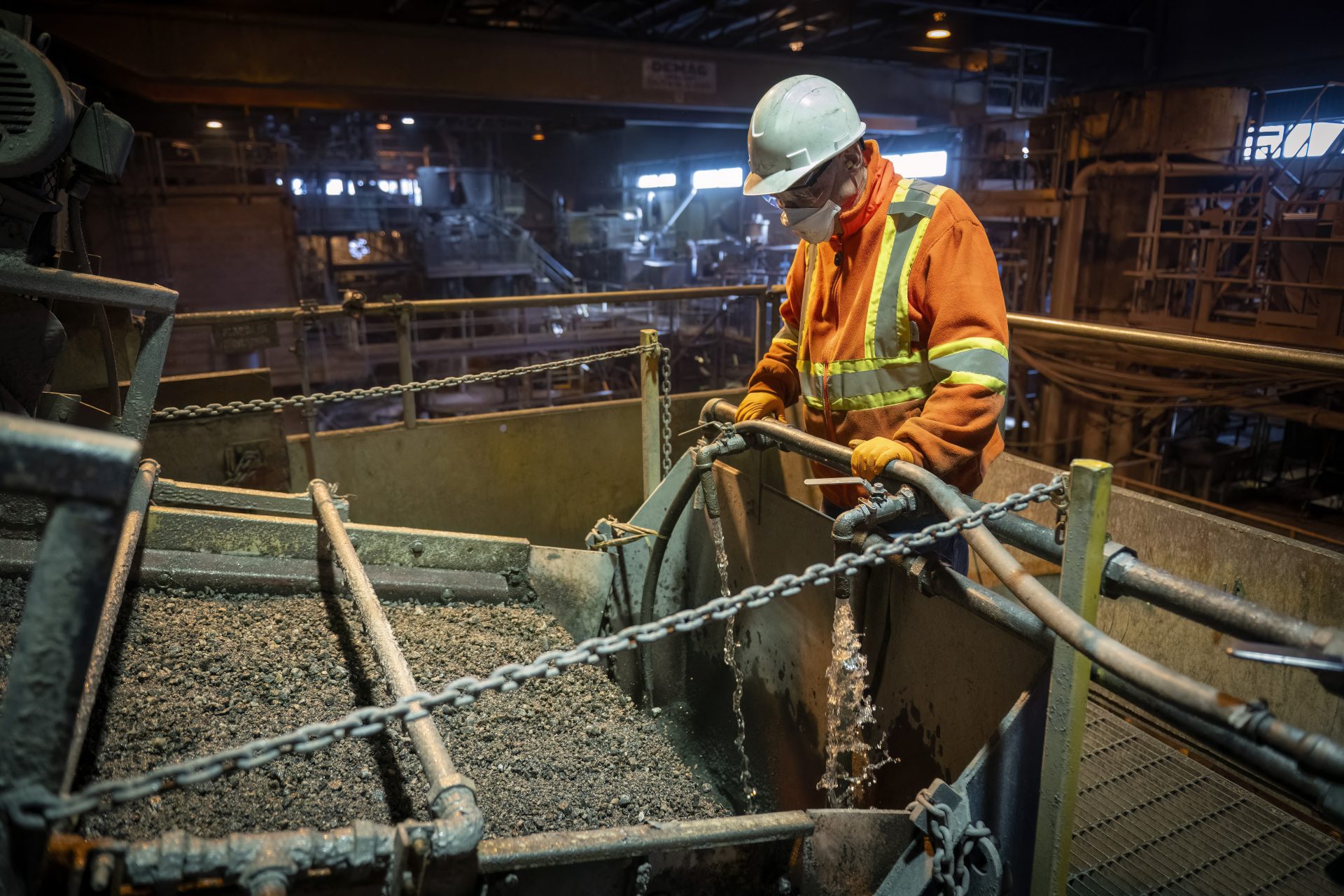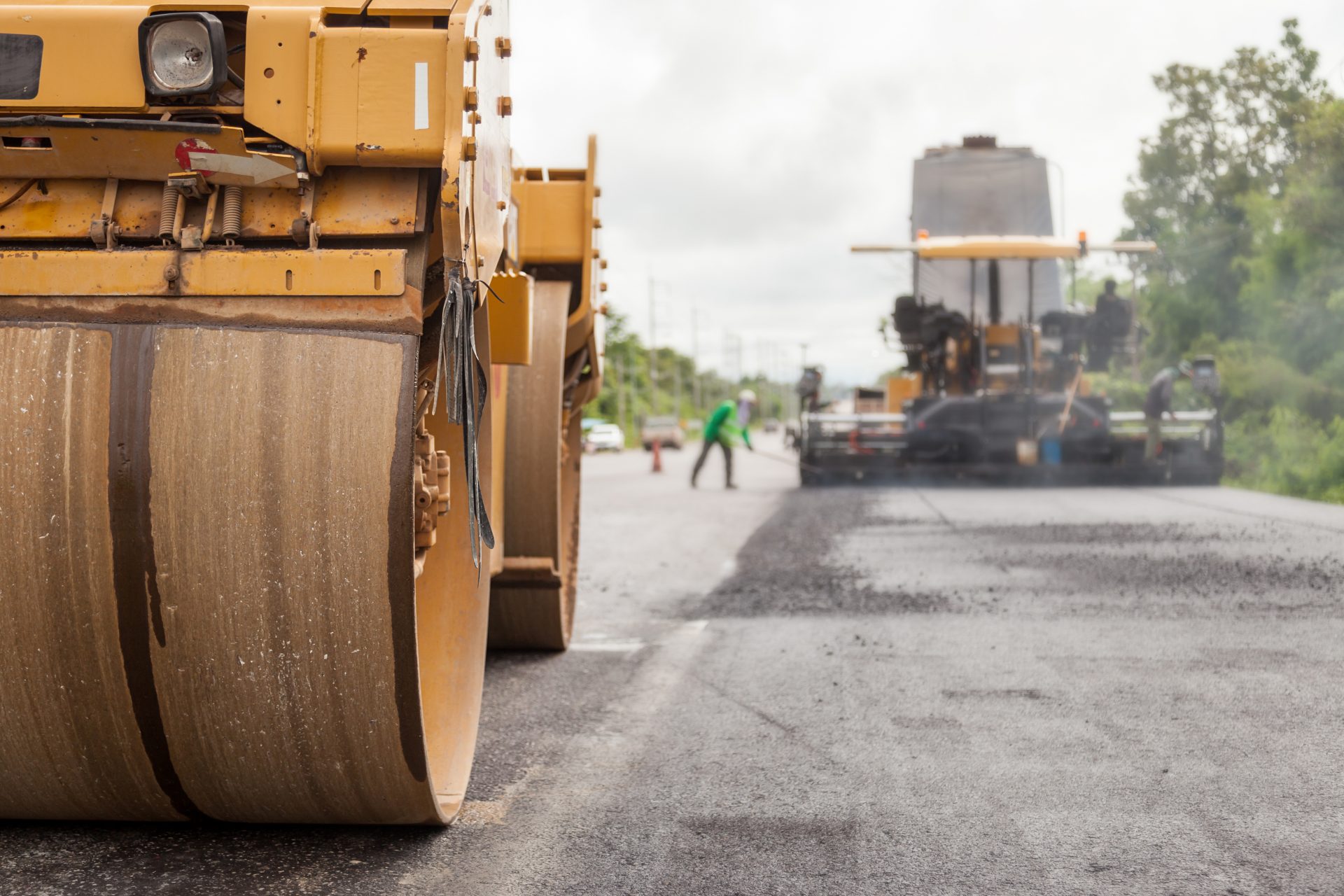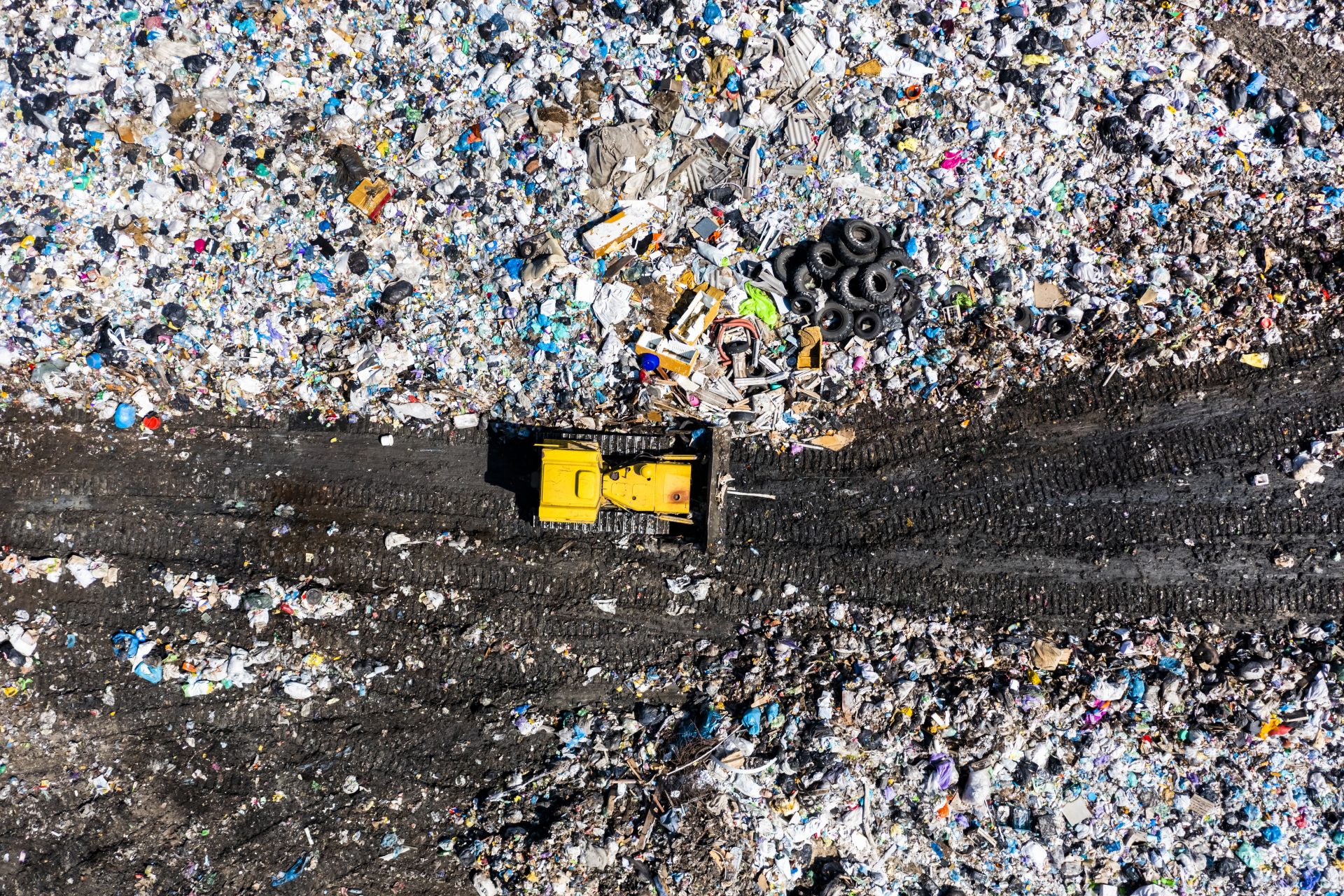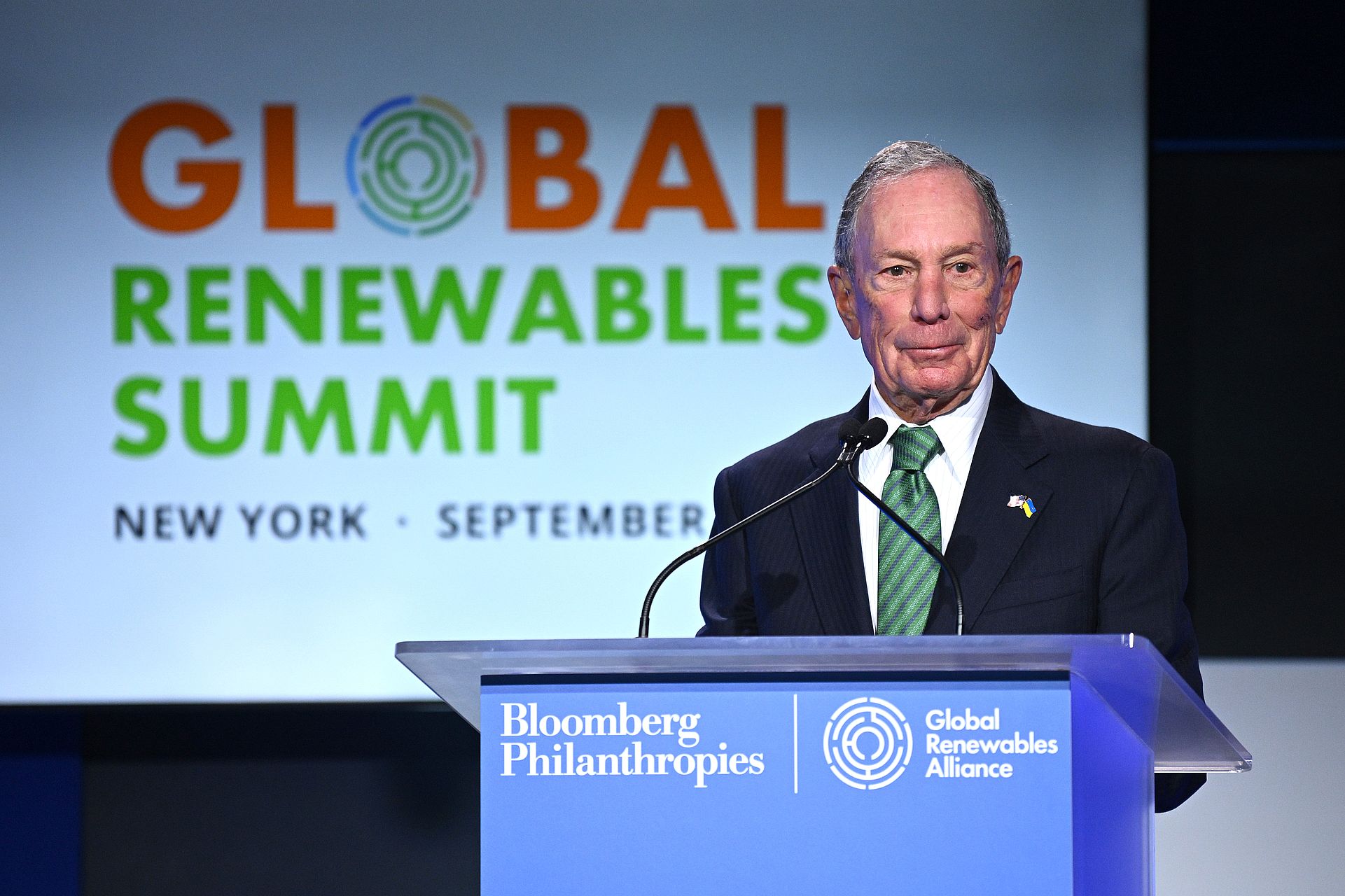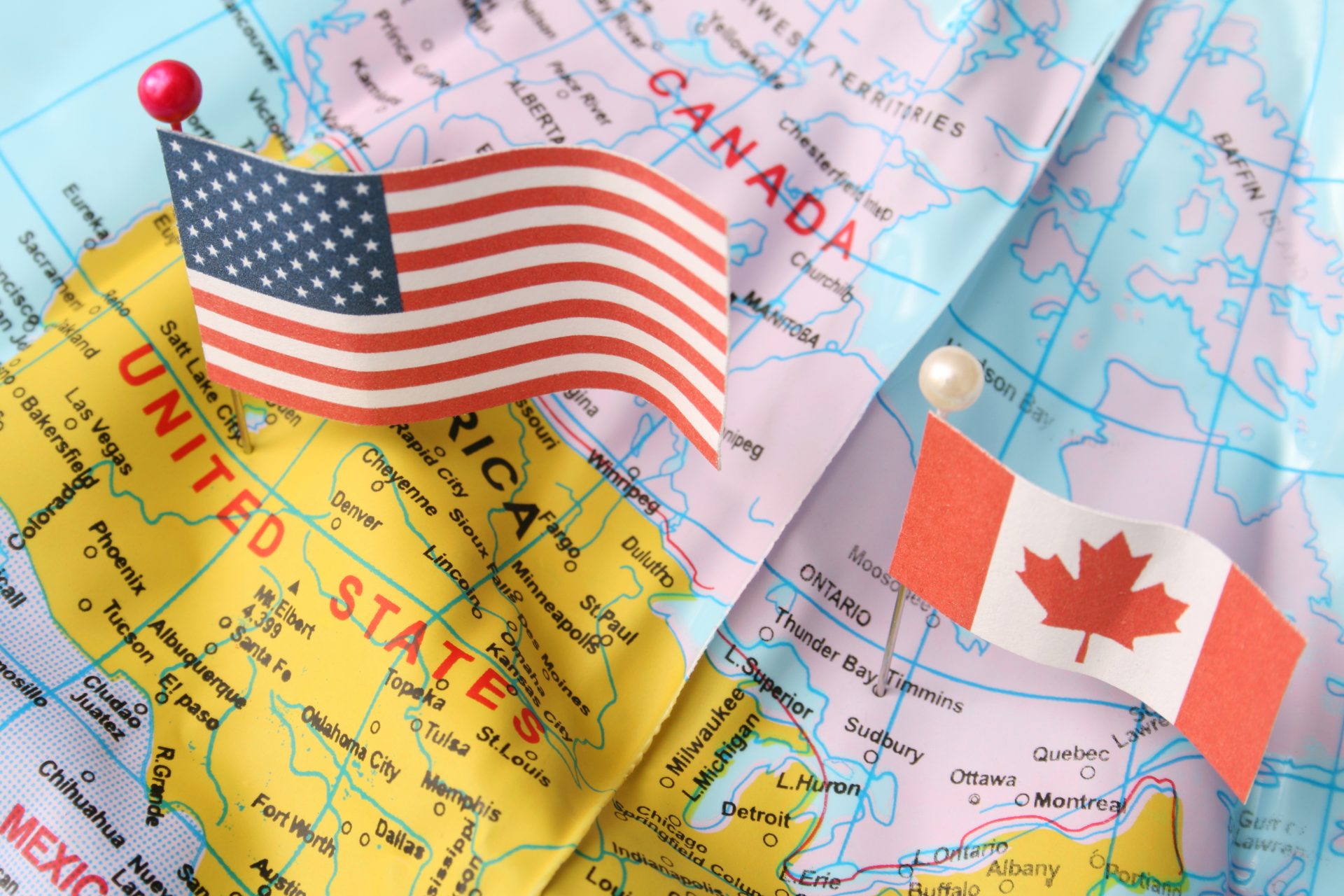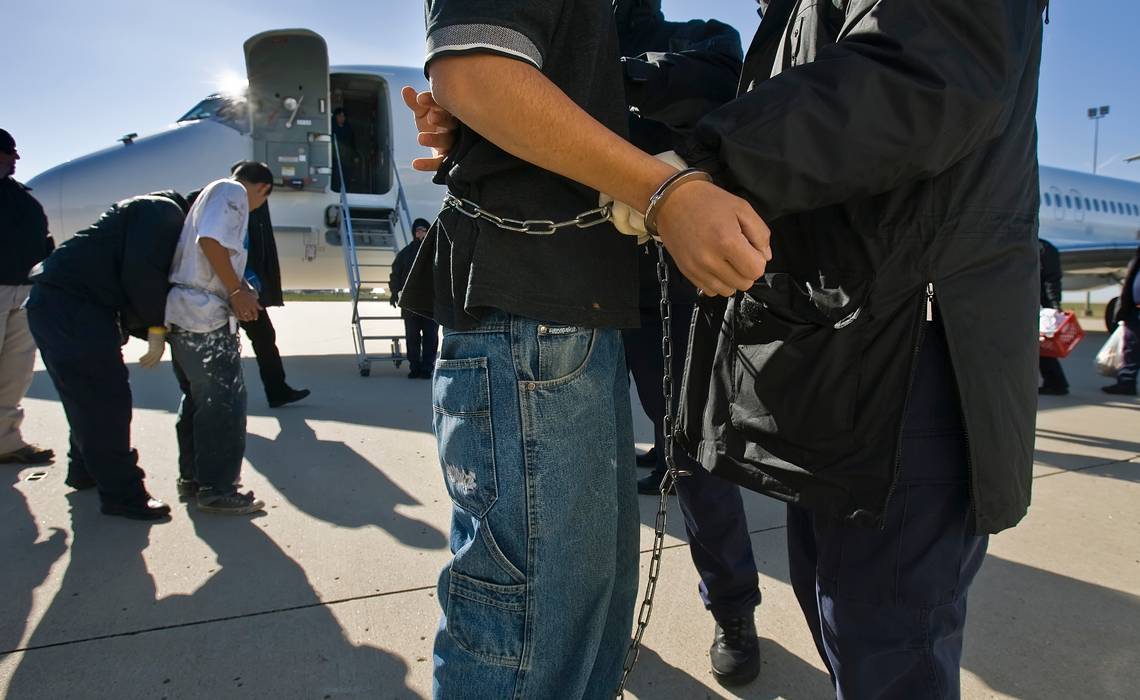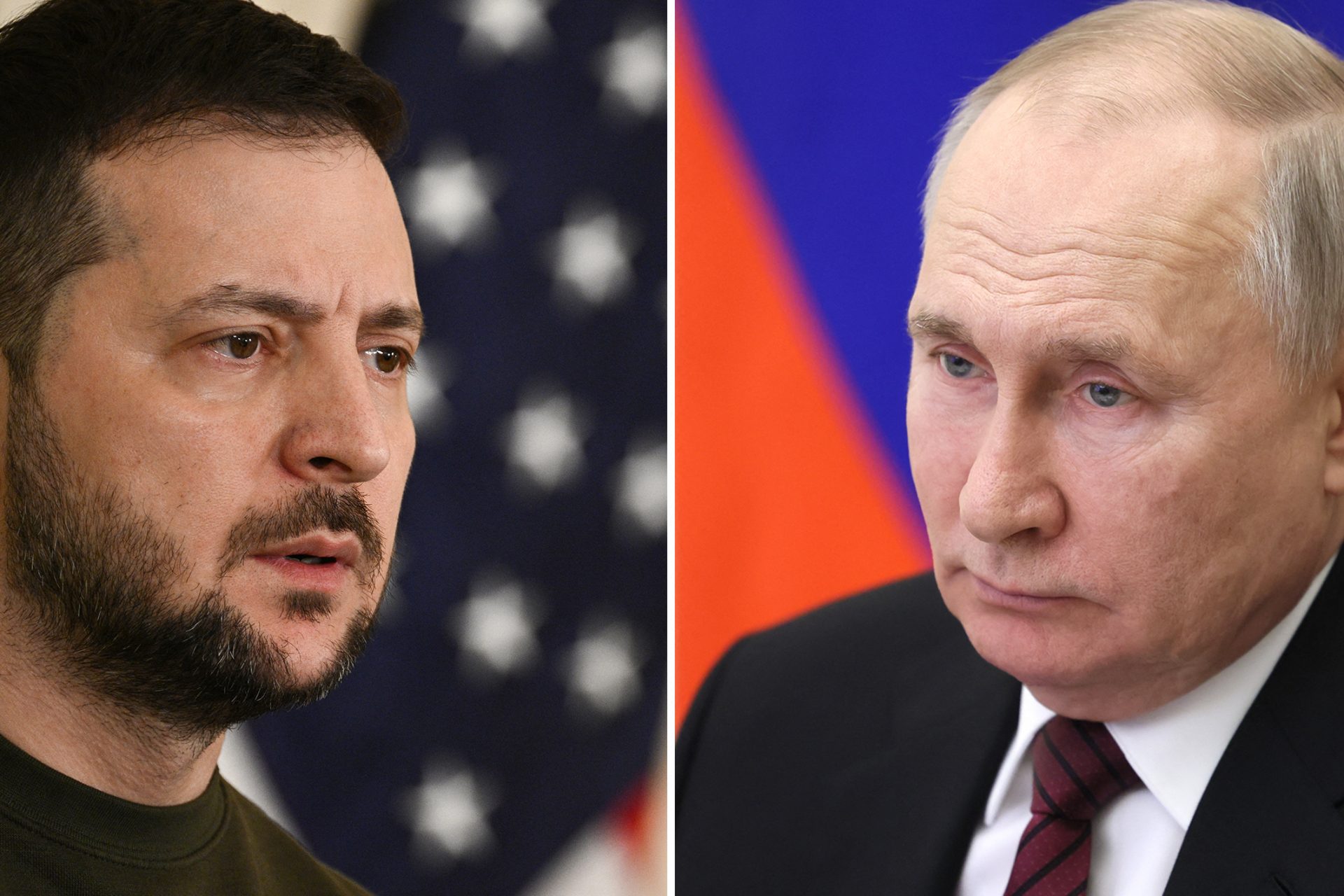A Robust Response: Canada is willing to fight Trump’s tariffs
The Canadian federal government and its ten provincial leaders will respond robustly to the United States if incoming President-Elect Donald Trump opts to impose heavy tariffs on his northern neighbor after his inauguration.
In November, Trump announced via his social media platform Truth Social that he was planning to impose 25% tariffs on all Canadian and Mexican goods coming into the U.S. on his first day in office until each country solved its border issues.
The President-Elect dialed in on illegal immigration and drug issues as the main drivers of his harsh policy towards his neighbors, and both countries have been scrambling for a response ever since.
Prime Minister Justin Trudeau made the trek to Trump’s Mar-a-Lago resort in early December for a dinner and meeting with the President-Elect and his advisors. However, the meeting may have only stirred animosity between the two leaders.
Photo Credit: X @JustinTrudeau
While Trudeau has been working to reign in Trump’s tariff threat abroad, he’s also been in close contact with the country’s ten provincial leaders about how Canada can provide a unified response to the United States if Trump’s tariffs are imposed.
According to Reuters, Trudeau and Canada’s ten premiers have held phone calls to discuss how the country should respond to a 25% tariff on all Canadian exports to the United States. It's a response Canada’s Finance Minister said would be robust.
While speaking with reporters on December 13th, Deputy Prime Minister and Finance Minister Chrystia Freeland stated plainly that Canada would respond to any tariffs that the United States placed on the country.
"In the event that the United States were to impose unjustified tariffs on Canada, of course, we would respond, and the Canadian response would necessarily be robust. I am confident that it would be effective," Freeland explained on December 13th.
Trump stated in his original Truth Social post that he would not remove the 25% tariffs on Canada or Mexico until they cut down on the amount of drugs and illegal immigrants that were allegedly crossing their borders into the United States.
Whether or not Trump would bow to pressure from Canada in response to his tariffs has yet to be seen but Trudeau and the country’s premiers have some tools they could use to force an end to any tariffs Trump imposed on Canada.
According to Bloomberg, Canada has been weighing its options and considering an export tax on major commodities sent to the United States. These commodities included uranium, oil, and potash according to the financial news outlet.
Officials close to the discussions Prime Minister Trudeau claimed that export taxes on commodities would be a weapon of last resort for Ottawa and added that retaliatory tariffs on US-made goods and export controls on key Canadian products are more likely.
However, if Ottawa decided to impose export taxes on key commodities it could be one winning strategy for Canada since it would drive up costs for consumers, farmers, and businesses in the United States.
Bloomberg reported that Canada is the largest supplier of oil to the United States. Fuel makers in the American Midwest would be hit hard because they “rely on Canada for almost half of the crude they turn into gasoline and diesel.”
Canadian uranium is also one of the biggest sources of fuel for US nuclear power plants while the country’s potash from its Western provinces is “a huge source of fertilizer for American farms,” according to Bloomberg.
The US Defense Department is also heavily invested in Canadian projects that aim to ensure Washington has a secure source of both graphite and cobalt so it can reduce its reliance on Chinese production of these crucial elements. These commodities could be affected as well.
While it is unclear what will happen once Trump takes office, it appears as if Canada will put up a fight if the President-Elect chooses to launch a trade war with Ottawa. It would be a war that would hurt both countries, but Canada would be able to fight back.
More for you
Top Stories



